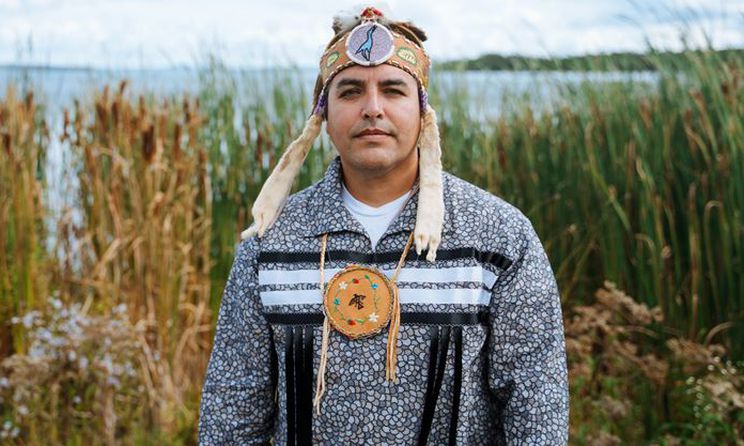
Anishinabek Nation leadership is confounded by the recent announcement of a $2-million dollar deal between Canada and the International Commission on Missing Persons organization. The arrangement is structured to produce a report giving recommendations on identifying and uncovering human remains at the sites of former Indian residential schools.
Anishinabek Nation Indian Residential School portfolio holder and Anishinabek Nation Lake Huron Regional Deputy Grand Council Chief Travis Boissoneau expresses bewilderment concerning the recent federal government decision to utilize an international group when there is a special interlocutor already functioning and carrying out these same goals.
“We shouldn’t be finding out about this deal after it is already in the process of being finalized. Where was the consultation and engagement with First Nations and survivors of Indian residential schools and their families to determine if this was necessary and supported?” said Regional Deputy Grand Council Chief Boissoneau. “Why not further support these Indigenous leaders who are well-known and trusted across the country?”
Kimberly Murray was appointed in 2022 as the independent special interlocutor for missing children and unmarked graves and burial sites to make recommendations for a new federal legal framework to ensure the respectful and culturally appropriate treatment of unmarked graves and burial sites of children associated with former Indian residential schools.
“We are uncomfortable with the fact that Canada did not follow the recommendations of the jointly appointed Indigenous experts that are just beginning their work. Is the federal government impatient to close this dark chapter by seeking to outsource reconciliation?” said Anishinabek Nation Grand Council Chief Reg Niganobe. “The concept of reconciliation is difficult to contemplate when we are not yet done reclaiming the remains of Anishinabek children whose lives were unjustly and inhumanely ended by genocide. The act of remembering our ancestors is part of traditional law — and we need to reconnect with their spirits to move forward with any possibility of healing intergenerational trauma.”
